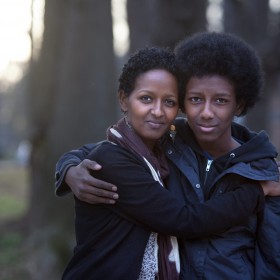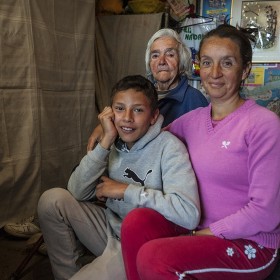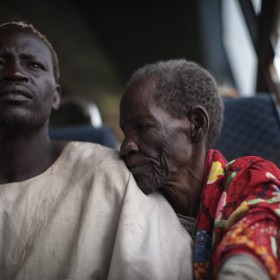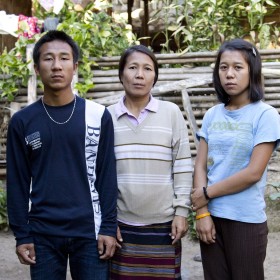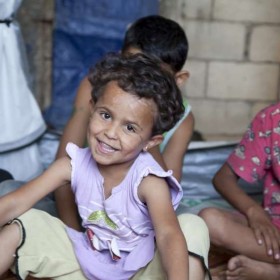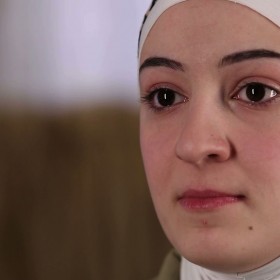Henok’s Story, Kenya
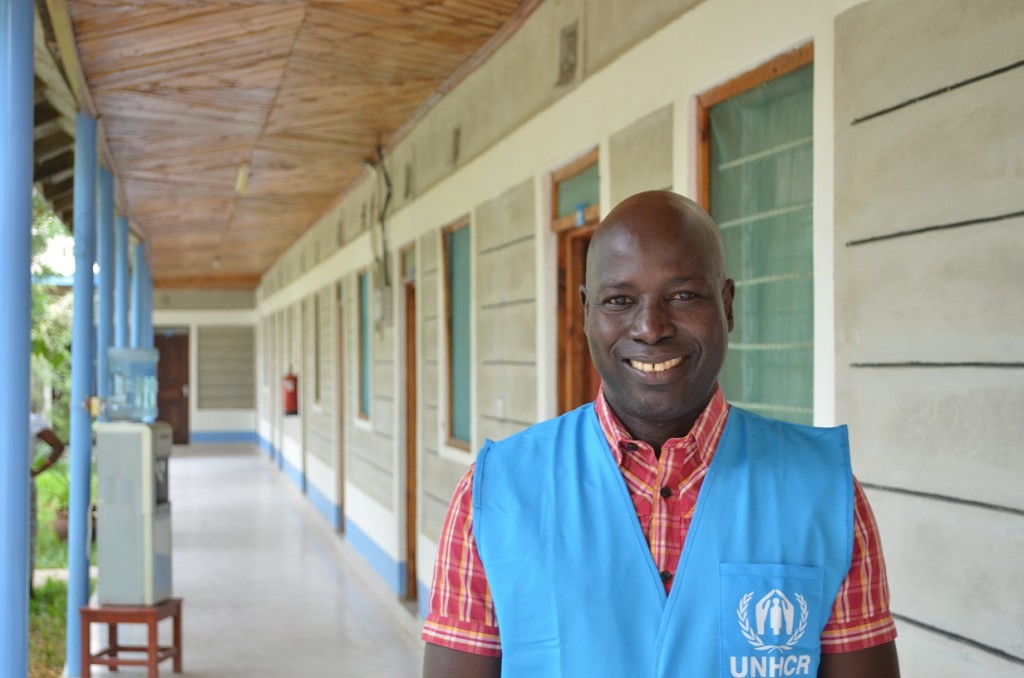
Photo by UNHCR/ 2014
My work in Dadaab requires working hand-in-hand with refugee leaders. One year ago we organized democratic elections in all five Dadaab refugee camps, when more than 400,000 refugees were living here. As the main organizer of the election, I was deeply involved in mobilizing the community – setting up polling stations and coming up with a system that even illiterate refugees could easily use. It was an effort worth making. Voter turnout to elect the male and female representatives of the five Dadaab camps was high and we counted ballots until early in the morning.
Since their election, all the refugee leaders – men and women at all levels are well respected and important actors in all activities in the Dadaab refugee complex. Other refugees have been trained as health promoters, teachers and members of community peace and security teams and take an active part in hospitals, schools and the general management of the camps.
This shows that refugees are not merely recipients of services, but in control of their own affairs and lives and know what is best for themselves and their families. This is especially important in a camp like Dadaab where some refugees resided since it opened in 1991. Many refugees were born here and even some of the parents were born in the camp. Being a refugee for such a long time and living in a camp for such a long time is not easy. At the same time, the security situation in Dadaab is quite volatile. We have faced kidnappings of humanitarian workers and attacks on the police with improvised explosive devices in and around the camps. A partnership between refugees and humanitarian agencies is crucial.
I remember well the 2011 emergency. Due to drought, famine and conflict in Somalia we were receiving 1,500 – 2,600 refugees daily. In total, 130,000 arrived here that year. Eighty percent were women and children and most of them were severely malnourished. This emergency was extremely challenging both emotionally and from a management point of view. Immense suffering was everywhere and we had to react quickly. As a Field Officer, I was involved in developing a new camp – Ifo 2 – from scratch. In a very short time, we tried to make sure to provide food, water, shelter and health services for tens of thousands. We established schools for the children and graveyards for those who unfortunately did not make it.
Henok Ochalla
Field Officer Ifo 2 Camp, Dadaab, Kenya
(Joined UNHCR in his home country of Ethiopia in 1993)




